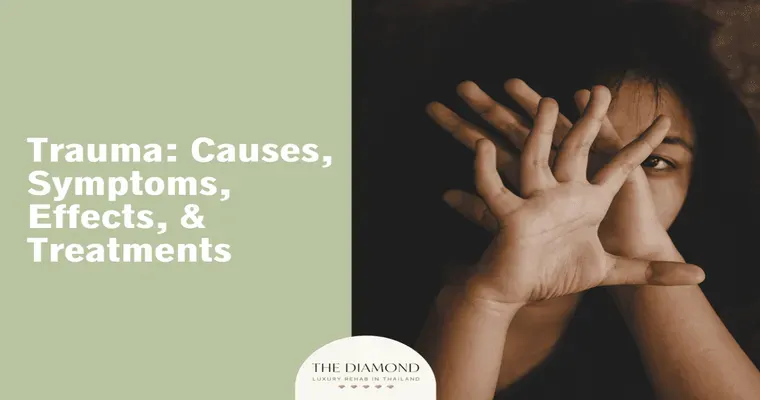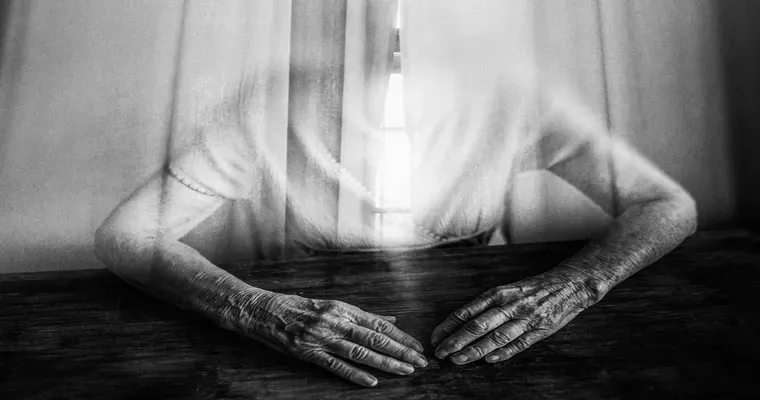When dealing with a "violent loved one", it can be an incredibly challenging and distressing situation. It is essential to recognize that "violence" can pose significant risks not only to the individual but also to their family and friends. Understanding when to seek help and consider placement for a loved one can be a crucial step in ensuring safety and well-being for everyone involved.
Recognizing the signs of "violent behavior" is the first step in addressing the issue. If your loved one exhibits aggressive outbursts, has a history of physical altercations, or shows an inability to control their anger, it may be time to evaluate their situation more closely. Such behaviors can stem from various underlying issues, including mental health disorders, substance abuse, or unresolved trauma. No matter the cause, the impact of their violence can be severe, leading to emotional and physical harm for those around them.
Safety must always be the top priority. If you or others are at risk of harm, it is critical to take immediate action. In many cases, placing a loved one in a supportive environment can help manage their behavior more effectively. This could mean seeking professional help through residential treatment centers or other facilities that specialize in dealing with "violent individuals". These environments are designed to provide care and support while also ensuring the safety of both the individual and those around them.
Moreover, placement does not mean abandoning your loved one. Instead, it can be an opportunity for them to receive the specialized help they may need. Facilities often provide therapeutic interventions that address the root causes of violent behavior, enabling individuals to learn coping strategies and develop healthier ways to manage their emotions. By placing your loved one in a professional setting, you are taking a responsible step towards fostering their recovery while also protecting your own well-being.
It is important to remember that seeking placement can be a difficult decision, often accompanied by feelings of guilt or fear of judgment from others. However, it is essential to prioritize safety and health above all else. Surround yourself with supportive friends and family who understand the complexities of your situation. You may also consider consulting with mental health professionals who can provide guidance and support throughout this process.
In conclusion, if your loved one is exhibiting "violent behavior", it is not only a reason to seek help but also a reason to consider placement. Understanding the signs of violence, prioritizing safety, and seeking professional assistance can make a significant difference in the lives of both the individual and their loved ones. Taking this step may lead to a healthier, safer environment where everyone can thrive.





